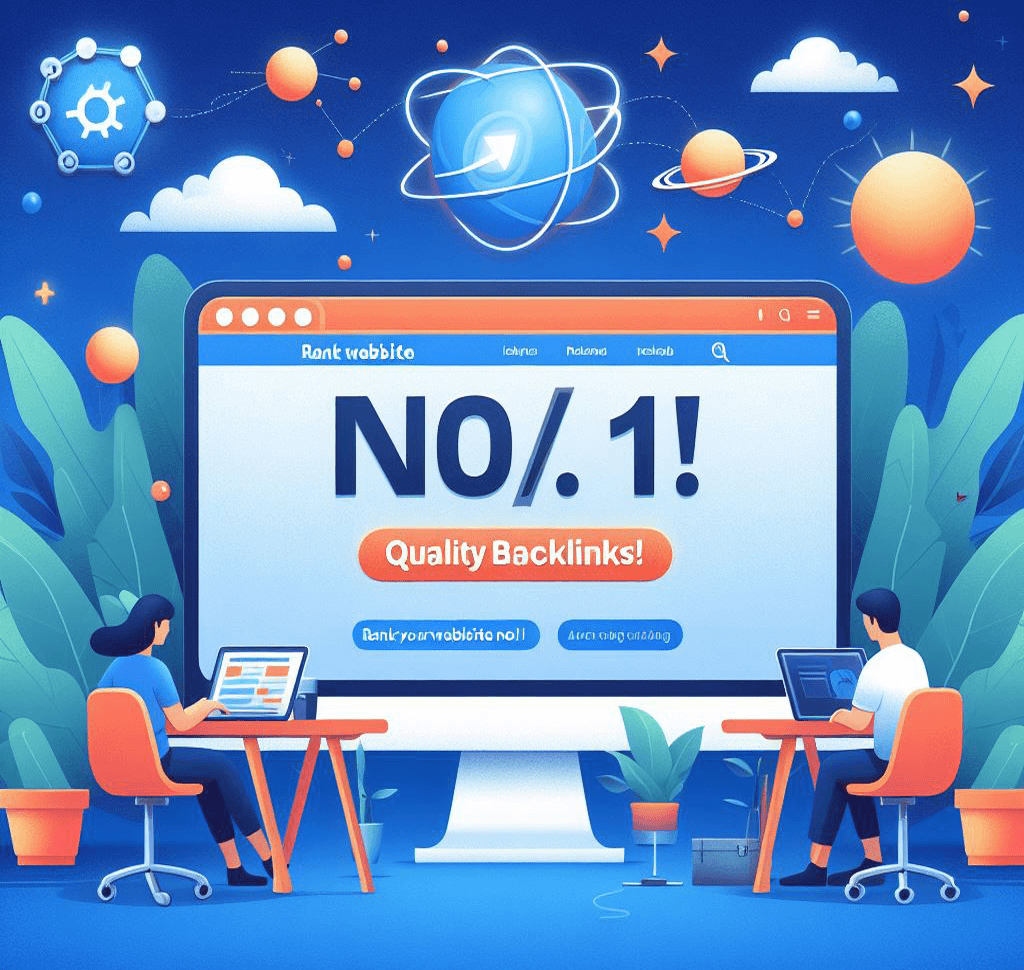Introduction
Java is a widely used programming language that has gained popularity due to its versatility and ease of use. Whether you are a beginner or have some programming experience, this guide will help demystify the world of Java programming and provide you with a solid foundation to start your journey.
Getting Started with Java
Before diving into Java programming, it is essential to set up your development environment. Follow these steps to get started:
- Download and install the Java Development Kit (JDK) from the official Oracle website.
- Set up the Java Development Environment by configuring the JDK and setting the PATH variable.
- Choose an Integrated Development Environment (IDE) such as Eclipse or IntelliJ IDEA to write and compile your Java code.
Understanding the Basics
Java is an object-oriented programming language, which means it revolves around the concept of objects and classes. Here are some key concepts to understand:
- Classes: Classes are the building blocks of Java programs. They define the structure and behavior of objects.
- Objects: Objects are instances of classes. They represent real-world entities and have properties and behaviors.
- Variables: Variables are used to store data. They have a data type (such as int, float, or String) and a name.
- Methods: Methods are blocks of code that perform specific tasks. They are defined within classes and can be called to execute their functionality.
- Control Flow: Java provides various control flow statements such as if-else, for, while, and switch to control the flow of execution in a program.
Writing Your First Java Program
Now that you have a basic understanding of Java’s key concepts, it’s time to write your first Java program. Follow these steps:
- Open your chosen IDE and create a new Java project.
- Create a new Java class within the project.
- Write the code for your program inside the class.
- Compile and run your program to see the output.
Here’s an example of a simple Java program that prints “Hello, World!” to the console:
public class HelloWorld {
public static void main(String[] args) {
System.out.println("Hello, World!");
}
}
Expanding Your Java Knowledge
Once you have mastered the basics, there are several areas you can explore to enhance your Java skills:
- Object-Oriented Programming (OOP): Dive deeper into the principles of OOP, including inheritance, polymorphism, and encapsulation.
- Java Libraries: Familiarize yourself with the vast array of libraries available in Java, such as the Java Standard Library and popular third-party libraries.
- Graphical User Interface (GUI) Development: Learn how to create interactive user interfaces using Java’s GUI frameworks like Swing or JavaFX.
- Database Connectivity: Explore Java’s database connectivity options, such as JDBC, to interact with databases and perform data operations.
- Web Development: Discover Java’s capabilities in web development using frameworks like Spring or JavaServer Faces (JSF).
Online Resources and Communities
There are numerous online resources and communities that can assist you in your journey to master Java programming. Here are a few popular ones:
- Oracle Java Documentation: The official documentation provided by Oracle is a comprehensive resource for learning Java.
- Stack Overflow: A question and answer community for programmers, where you can find solutions to common Java programming problems.
- Java Tutorials: Websites like JavaTpoint and Tutorialspoint offer free tutorials and examples to help you learn Java.
- Java User Groups (JUGs): Join local Java user groups or online communities to connect with fellow Java enthusiasts and share knowledge.
Conclusion
Java programming may seem daunting at first, but with the right guidance and practice, you can become proficient in this powerful language. Remember to start with the basics, write and run your first program, and gradually expand your knowledge by exploring different areas of Java development. Utilize the wealth of online resources and communities available to support your learning journey. Happy coding!



